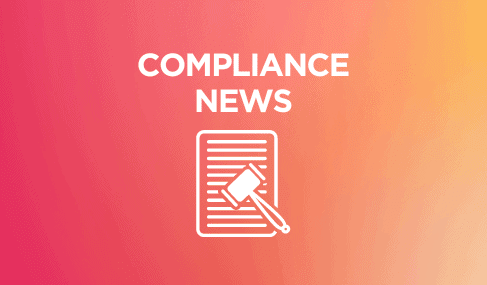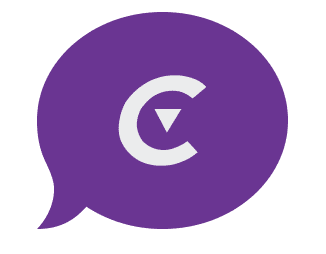
We aim to highlight the importance of due diligence in lead campaigns and to keep our customers and industry associates up-to-date with the compliance news reported for our industry. This article is reprinted here for our readers, courtesy of our legal partners Troutman Amin LLP, TCPA World.
THE OTSA TRAIN ROLLS ON: More Class Actions Pour in as Oklahoma Mini-TCPA Litigation Shifts Into High Gear
by Eric Troutman, Czar of TCPAWorld
The Oklahoma Telephone Solicitation Act (OTSA) is now the single most expansive anti-robocall statute in the nation, replacing Florida–which just amended its previously-identical statute last month.
So you know what happens next.
The Florida legislature passes an amendment to shut down the Plaintiff’s lawyers cashing in on its massively broad Mini-TCPA bill. So the Plaintiff’s lawyers shift to Oklahoma–where a copycat version of the bill lives on.
In the latest filing, famous FTSA filer Manny Hiraldo has continued his push into Sooner country by filing his latest class action–this time against women’s vitamin seller Welfary.
In Nathan Feroli the Plaintiff claims he received the following texts:
This is true despite the fact–he claims–he did not sign up to receive them.
Plaintiff sues Welfary under familiar theories related to calling using an autodialer–very broad definition in Oklahoma–without consent and also calling a number on the DNC list without consent.
But perhaps more importantly for companies using short-codes to text consumers in Oklahoma, Plaintiff argues that the use of a short-code AUTOMATICALLY violates the Oklahoma Telephone Solicitation Act:
Moreover, the telephone number utilized by Defendant to send the messages (69608) is known as a short-code. Text messages utilizing a short-code can only be sent utilizing automated computer equipment and not a traditional telephone.
The telephone number utilized by Defendant to send the messages is not capable of receiving telephone calls and does not connect the call recipient, upon calling such number, to Defendant…
These allegations are particularly problematic under OTSA because a telephone number used by a caller must be able to receive return calls:
“If a telephone number is made available through a caller identification service as a result of a commercial telephonic sales call, the solicitor must ensure that telephone number is capable of receiving telephone calls and must connect the original call recipient, upon calling such number, to the telephone solicitor or to the seller on behalf of which a commercial telephonic sales call was placed.” Okla. Stat. tit. 15 § 775C.3.B.
Now to me it is rather obvious that this provision does not apply to a short-code–it is not a “telephone number” to begin with!–but no court has yet held, and until one does this remains a very dangerous theory because the case can, presumably, be certified.
Further, those companies using a 10DLC to send messages that does not allow inbound calls face a difficult hurdle in Oklahoma–so WATCH OUT!
In addition to suing on his own claims–worth $500.00 per violation–Mr. Feroli is also suing on behalf of three broad classes:
TCPA DNC Class: All persons in the United States who from four years prior to the filing of this action through the date of class certification (1) Defendant, or anyone on Defendant’s behalf, (2) placed more than one text message call within any 12-month period; (3) where the person’s telephone number that had been listed on the National Do Not Call Registry for at least thirty days; (4) regarding Defendant’s property, goods, and/or services; (5) who did not purchase or transact business with Defendant during the eighteen months immediately preceding the date of the first message; and (6) who did not contact Defendant during the three months immediately preceding the date of the first message with an inquiry about a product, good, or service offered by Defendant.
OTSA Autodialer Class: All persons in Oklahoma who, (1) were sent one or more text messages regarding Defendant’s property, goods, and/or services, (2) using the same equipment or type of equipment utilized to call Plaintiff, (3) from November 1, 2022 through the date of class certification.
OTSA Caller ID Class: All persons in Oklahoma who, (1) were sent one or more text messages regarding Defendant’s property, goods, and/or services, (2) through a use of any short-code, (3) from November 1, 2022 through the date of class certification.
You can read the whole complaint here: Welfrary Complaint.
Get a recap of the latest contact center compliance news delivered monthly to your inbox. Subscribe here >
DISCLAIMER: The information on this page and related links is provided for general education purposes only and is not legal advice. Convoso does not guarantee the accuracy or appropriateness of this information to your situation. You are solely responsible for using Convoso’s services in a legally compliant way and should consult your legal counsel for compliance advice. Any quotes are solely the views of the quoted person and do not necessarily reflect the views or opinions of Convoso.

